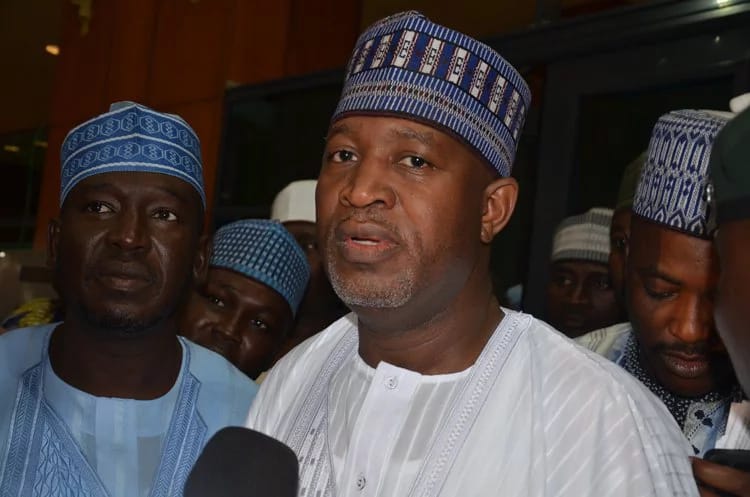Amos Magaji, the Chairman of the House of Representatives Committee on Health, has announced the National Assembly’s intention to advocate for the declaration of a health emergency. This bold step is seen as vital to revitalizing the health sector and aligning it with the evolving needs of the Nigerian populace.
During a visit to the Federal Teaching Hospital Ido Ekiti, Magaji emphasized the multifaceted nature of the challenges confronting Nigeria’s healthcare system. He expressed confidence that a proactive approach to these issues could yield significant improvements in the sector.
The Chief Medical Director of the Federal Teaching Hospital Ido Ekiti, Prof. Adekunle Ajayi, outlined an array of hurdles hampering the institution’s ability to deliver optimal healthcare services. These ranged from exorbitant power costs and inadequate water supply to dilapidated access roads and the pressing need for infrastructure upgrades and enhanced medical facilities.
Magaji highlighted the woefully insufficient annual budgetary allocation for the health sector, stressing its inadequacy in effectively sustaining healthcare institutions given Nigeria’s burgeoning population. “The National Assembly, going forward, will be pushing for a state of emergency to be declared on Health because where we are now as a nation, it is not possible that health will be funded by the budget,” declared Magaji, underscoring the urgency of the situation.
In a proactive bid to address these pressing issues, Magaji revealed the committee’s plan to convene a meeting with the leadership of various health unions and relevant government agencies. The aim is to tackle the longstanding issue of unpaid arrears, bonuses, and salaries owed to healthcare professionals. Additionally, the committee is poised to explore strategies for expanding medical school admission quotas and making the pursuit of a medical career more appealing to young Nigerians.
Throughout his address, Magaji commended the FETHI management for their resourcefulness and diligent utilization of the limited resources at their disposal, a testament to their unwavering commitment to providing quality healthcare within their means.
The clarity and sincerity of Magaji’s statements underscore the imperative for urgent and decisive action, shedding light on the challenges plaguing Nigeria’s healthcare landscape. The committee’s proactive stance and commitment to engaging stakeholders signal a ray of hope for a sector in dire need of revitalization.



